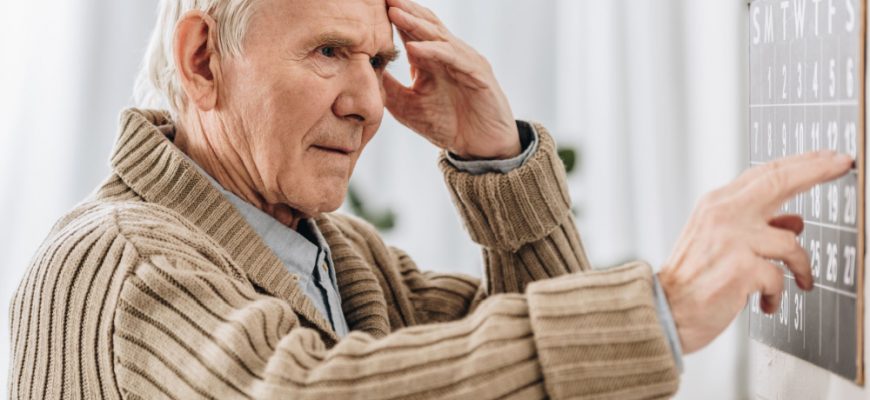LATEST IN THE LAW


Dementia Symptoms And Gun Ownership In Seniors
October 26, 2022 0 Comment Category: Senior HealthMany Americans have at least one gun in their house. A gun can offer some seniors a sense of safety.
There are others who use a gun as a tool for recreational shooting and hunting. However, among seniors
suffering from dementia disorders, a gun can become a potentially dangerous and lethal weapon. This is
why memory care experts advise monitoring a senior gun owner for symptoms of dementia. Our senior
care experts share some of the important warning signs that you should look out for about dementia
symptoms and gun ownership in seniors.
Warning Signs To Look Out For
A survey conducted in the 90s suggests that about sixty percent of people suffering from dementia have
guns. Some of the important warning signs that your senior loved one should give up their guns are:
Changes in behavior, mood or personality:
Dementia is a disorder that can affect cognition and can
change the way a person thinks. This means that if your senior loved one is suffering from dementia,
he/she can become aggressive. This is especially true if the person is suffering from frontotemporal
dementia. Therefore, a gun can be deadly in the hands of a person who is depressed, angry or
aggressive.
Attention problems:
Various types of dementia disorders can compromise the attention of a person.
When this happens, your senior loved one may forget where the gun is kept, forget to finish unloading
the chamber of a gun, or may even forget how to use a gun.
Difficulty managing daily tasks:
Your senior loved one may forget to lock the door or turn off the stove
if their short-term memory has declined. This means that the person may also forget to lock up the gun,
remove the bullets from the gun or store it in a place where the grandkids cannot get it.
Confusion about people:
If your senior loved one is suffering from dementia disorders and is no longer
able to identify their loved ones, he or she can mistake a loved one for an intruder and may attack the
person.
A history of dangerous decisions:
You need to be more careful if your senior loved one has a history of
making dangerous decisions like driving on a suspended license, forgetting to eat, getting into accidents,
etc.
What Can You Do About A Senior With Dementia Owing A Gun?
It might not be easy to talk to a senior loved one about giving up their guns. However, you should
understand that the desire of your senior loved one to own guns should never trump the right of others
to be safe and happy. Laws about people suffering from dementia disorders vary from state to state.
Therefore, your best option will be to get your senior loved one willingly give up their gun. Some of the
successful strategies shared by memory care experts are:
Discussing with your newly diagnosed senior loved one about their gun before cognitive
problems can undermine their ability to make meaningful decisions.
Talking to your senior loved one about your feelings. Try to explain to the person that their gun
makes you feel afraid.
Expressing your concerns about safety rather than stigmatizing the gun ownership of the
person. It is not uncommon for family members to have varying views about the gun ownership
of your senior loved one. A recent study on gun ownership of seniors found that messages that
are sensitive to the views of gun owners are much more effective than messages that can
stigmatize the ownership of guns or label them as bad.
If the above options fail, you can get in touch with a senior care lawyer who is specialized in senior gun
ownership or enlist the help of a memory care expert.

leave A comment